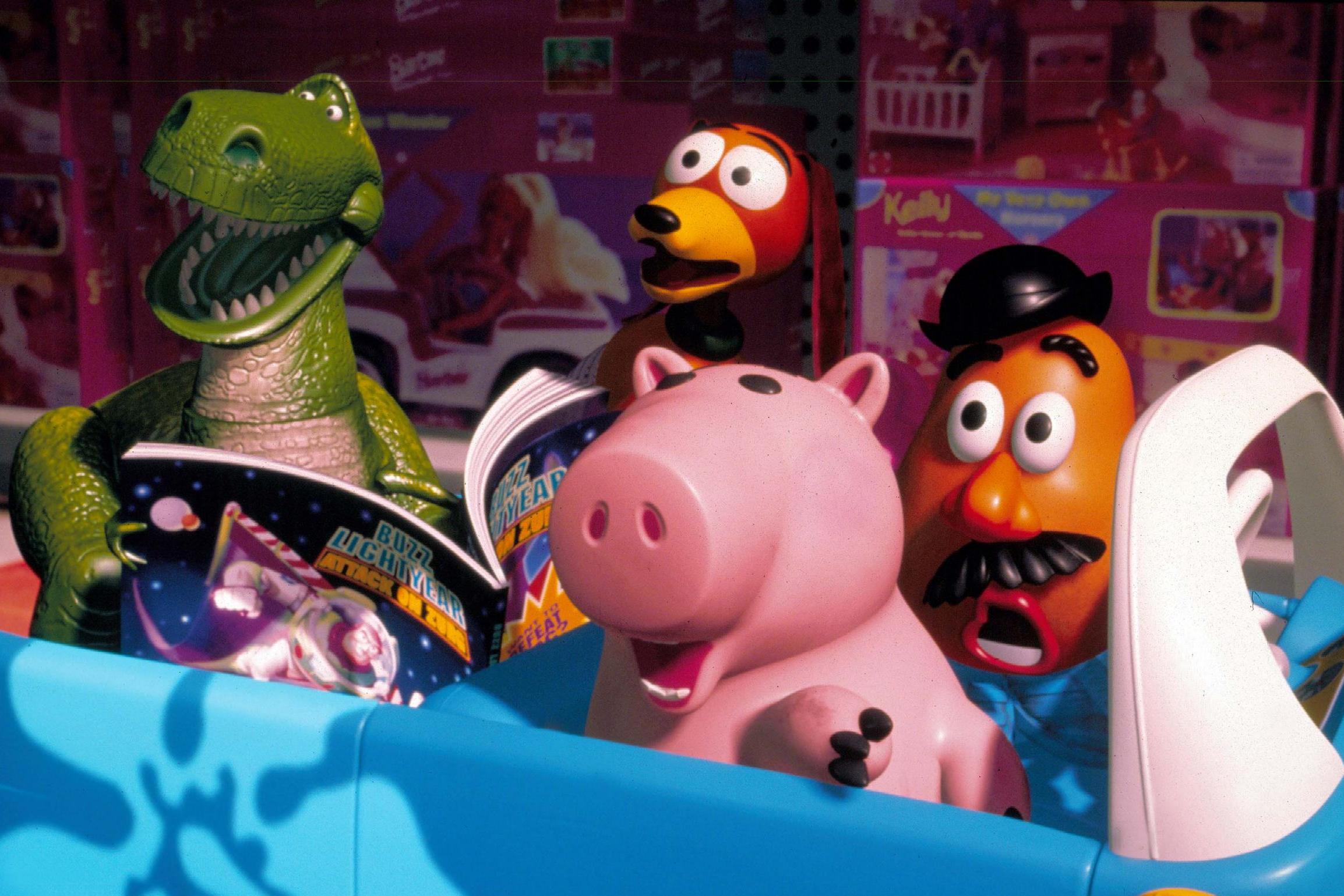Gender stereotyped toys must be stopped, says women’s rights charity
‘Christmas shopping for children comes with a host of gifts promoting harmful stereotypes’

Your support helps us to tell the story
From reproductive rights to climate change to Big Tech, The Independent is on the ground when the story is developing. Whether it's investigating the financials of Elon Musk's pro-Trump PAC or producing our latest documentary, 'The A Word', which shines a light on the American women fighting for reproductive rights, we know how important it is to parse out the facts from the messaging.
At such a critical moment in US history, we need reporters on the ground. Your donation allows us to keep sending journalists to speak to both sides of the story.
The Independent is trusted by Americans across the entire political spectrum. And unlike many other quality news outlets, we choose not to lock Americans out of our reporting and analysis with paywalls. We believe quality journalism should be available to everyone, paid for by those who can afford it.
Your support makes all the difference.Fawcett Society has announced the launch of a social media campaign to combat gender-stereotyped toys in the lead up to Christmas.
The gender equality and women’s rights charity will be teaming up with Let Toys Be Toys, an initiative that advocates for companies in the toy and publishing industries to stop stereotyping products that are geared towards children.
The aim of the “Smashing Stereotypes” campaign is to shine on a spotlight on products, including toys, clothes, stationery and books, that have been designed specifically with girls or boys in mind, as opposed to for all.
While these pigeonholed products can be bought throughout the year, these stereotypes become even more apparent during the festive period when buying gifts for youngsters.
"Gender stereotypes hold us all back and help to drive assumptions about who does the caring, they cause toxic masculinity and hold women and girls back in terms of the career choices they perceive as being 'for them'," Fawcett Society chief executive Sam Smethers tells The Independent.
"By smashing stereotypes we will begin to address the underlying causes of the inequality, which causes the gender pay gap, drives misogyny and violence against women and girls."
The charity is calling on people to either send in photos of products that they deem to be stereotypical, or to post photos of them on social media using the hashtag #SmashingStereotypes.
While more details about the project are going to be unveiled in 2019, several people have already began sharing tweets with Fawcett Society showing just how stereotypical children's products can be.
"Just bought a toy garage for my grandson - very surprised to see a gender specific choice!" one person tweeted.
In 2015, a study conducted by Let Toys Be Toys discovered that the majority of adverts for children's toys that are broadcast in the UK are "sexist" and reinforce "narrow and limiting" gender stereotypes.
The research found that adverts promoting toy cars, action figures and construction sets typically featured boys.
On the other hand, girls appeared in adverts for dolls and toys that focus on beauty and relationships.
Furthermore, the boys in the toy adverts were markedly more aggressive than the girls.
A number of clothing brands have recently been launching gender-neutral collections in response to high demand from consumers.
In November 2018, Céline Dion revealed that she had partnered with children's clothing brand Nununu to create a gender-neutral line called Célinununu,
She explained that she wanted to give children the chance to "feel free to find their own individuality, their own true essence without being tied to stereotypes."
In 2016, Let Toys Be Toys won an award for scientific research, which was presented to the them at the headquarters of toy company Brio in Sweden.
“It does seem that many in the industry are beginning to realise that consumers are increasingly uncomfortable with marketing that relies on limiting stereotypes about boys and girls,” Let Toys Be Toys campaigners Jess Day and Tricia Lowther wrote in a blog.
Join our commenting forum
Join thought-provoking conversations, follow other Independent readers and see their replies
Comments